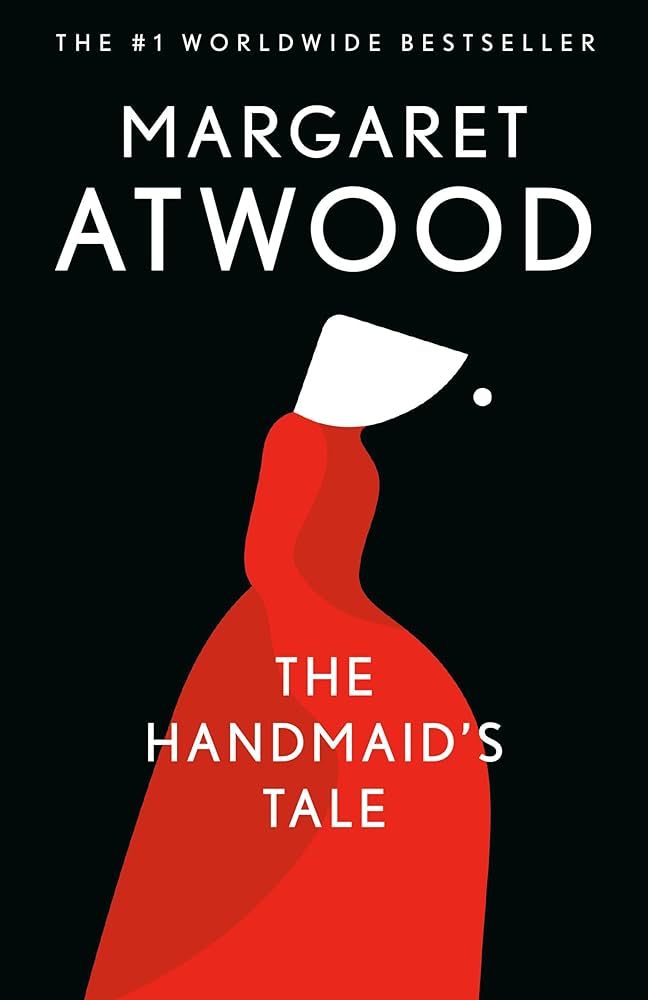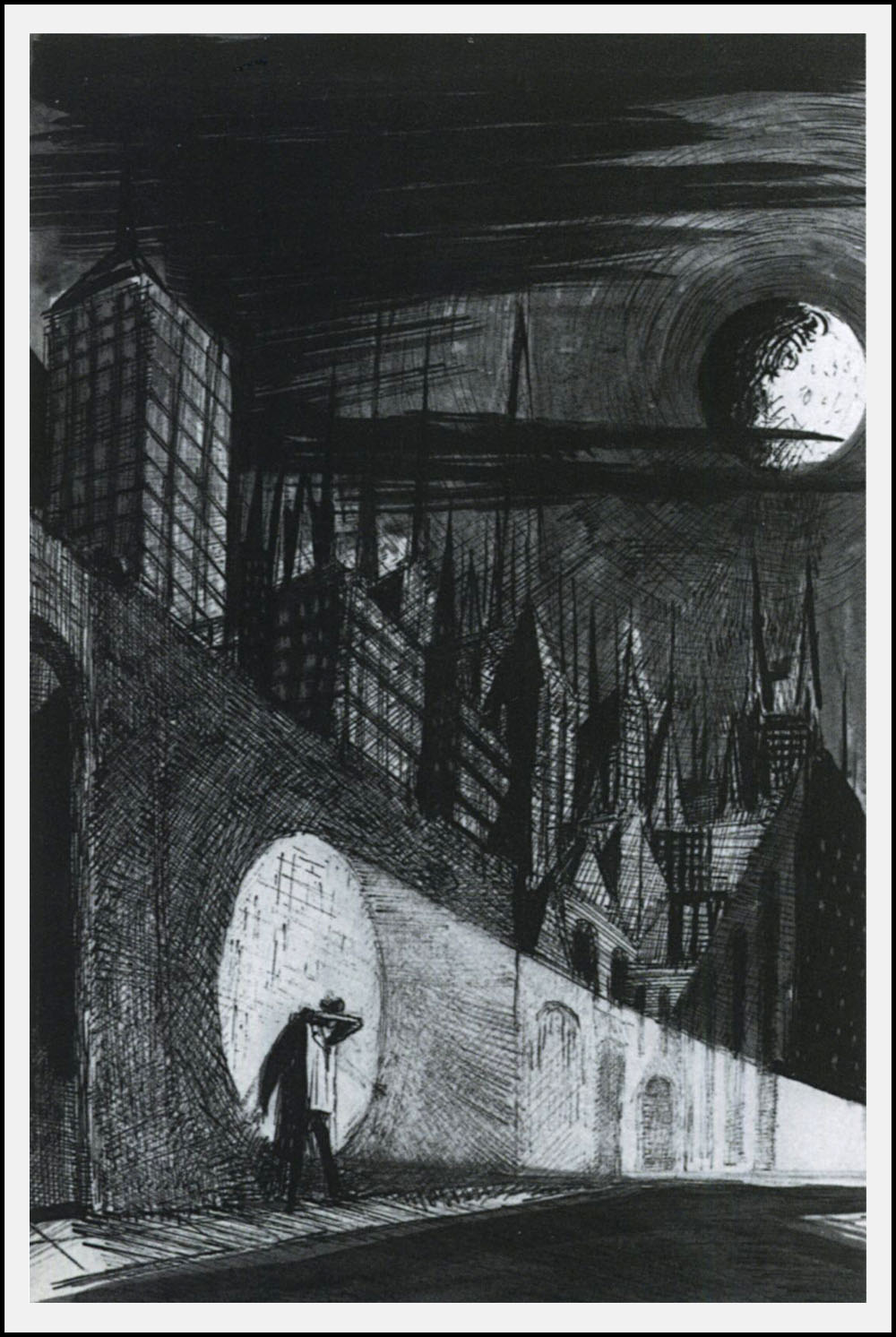Year 8 English
Year 8 students have been studying the dystopian genre this term. Here are some student articles on their favourite dystopian text of the unit so far.
Ms E-P
Eva: The Handmaid’s Tale is a dystopia set in the near future, in which very few women can give birth, and the ones that can serve as Handmaids for the upper class men and their barren Wives, to bear them children.
The book uses a first-person perspective and is in the past tense. I think that Margaret Atwood writes really nicely and the tone she uses helps the reader’s understanding of the story. For example, a theme I noticed in the opening was how the Handmaids are repeatedly compared to animals, shown in the phrase, ‘they had electric cattle prods’. The phrase is referring to the wardens, Aunt Elizabeth and Aunt Sara. The use of electric cattle prods as weapons compares the Handmaids to cattle or livestock, heartlessly maintained for the sole purpose of profit. What is also effective is the way the Handmaids are made to call their captors ‘Aunts’ - this is not a name they made up. The new leaders of the country want the Handmaids to see their captors as caring people who they can trust - in sharp contrast to the cattle prods they wield. The Handmaids are treated like both children and farm animals. Although there is not much action in this opening, the interest that the narrator’s thoughts provoke in the reader is more than enough to keep you reading.
Becky: Offred’s character isn’t properly established in this first page because of a lack of given backstory, information or even a name. However, her different tones of nostalgia and desperation are evident throughout the text. In the first half of the text, she is reliving old times in her mind and almost trying to escape her reality of concluding this with a rhetorical question ‘How did we learn it, that talent for insatiability?’ which represents a shift in tone to desperation. She then begins to talk about her suffering, bad living conditions and oppressive regime and hopes to escape. For example, the use of anaphora in ‘If only they would look. If only we could talk to them.’ This repetition of ‘if only’ displays her distress and anguish. This variation in tone reinforces her immense desperation for escape and freedom.
In my opinion, a very significant structural technique that the author uses is the separation of the women’s names in a separate line. She constantly refers to the group but only says their names at the end to gain suspense and make the reader question who is ‘we’? I believe she has separated them to show that when all is stripped away from them: their lives, humanity and freedom, there is still their identity and who they are inside. Names are very special and this highlights the importance of knowing someone’s name and calls attention to their individuality. This also represents hope within extremely difficult circumstances as, even if it could cost their lives, they still wanted to learn each other's names.

Samira: One of the main dystopian elements in the story is the dehumanisation of society. The city is depicted as a cold and lifeless place where people are isolated and disconnected from one another. The streets are empty and the only source of light comes from television screens in peoples' houses. We know this because Bradbury writes ‘only the faintest glimmers of firefly light appeared in flickers behind the window’. This highlights the loss of human interaction and strong reliance on technology, and the alliteration of the ‘f’ sounds emphasise how little life is in people’s homes.
Another main dystopian element in the story is the oppressive surveillance and control by the state. Leonard Mead’s walks are seen as defiant behaviour. The police, represented by the robotic car, view his actions as suspicious and attempt to control and suppress individuality. This emphasises the oppressive nature of society, where any form of non conformity is met with punishment.
I think Bradbury offers a glimpse into a dystopian future where individuality, human connection and freedom, are strictly suppressed. I find the story interesting. As I read ‘The Pedestrian’, I can’t help but reflect on our own society's increasing reliance on screens. It made me appreciate the simple act of taking a walk and feeling the breeze without being stopped by police.